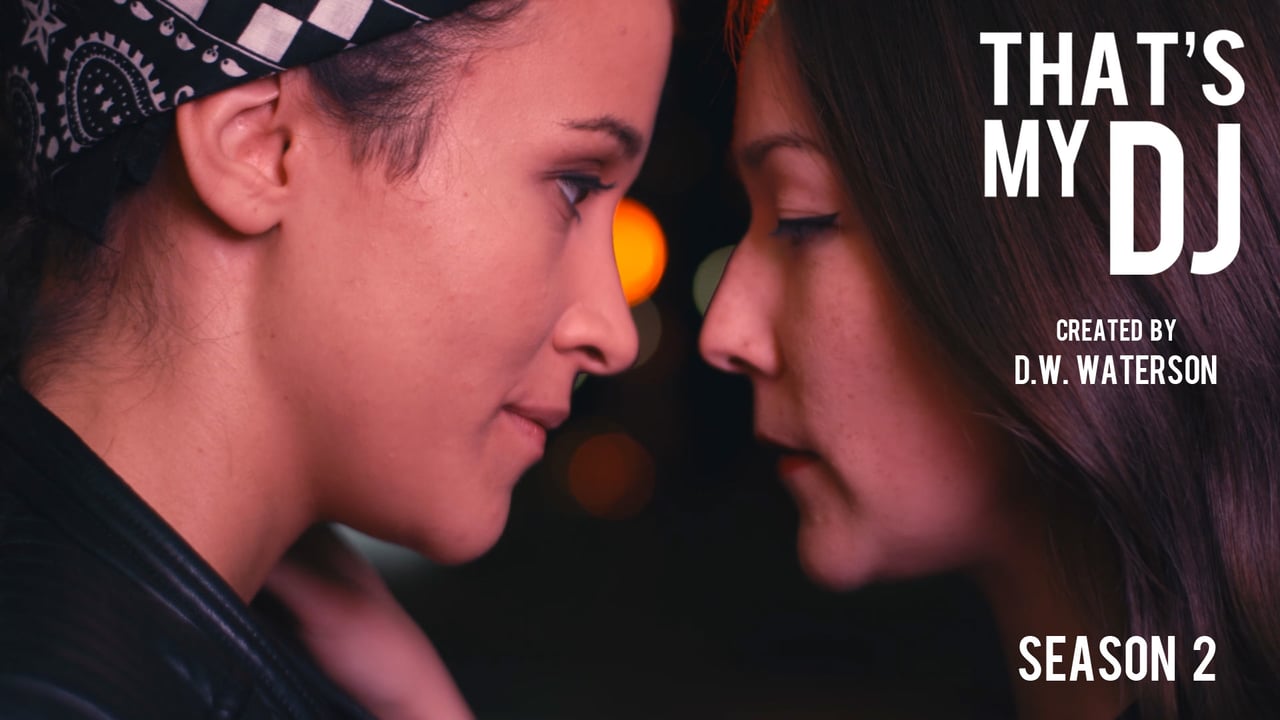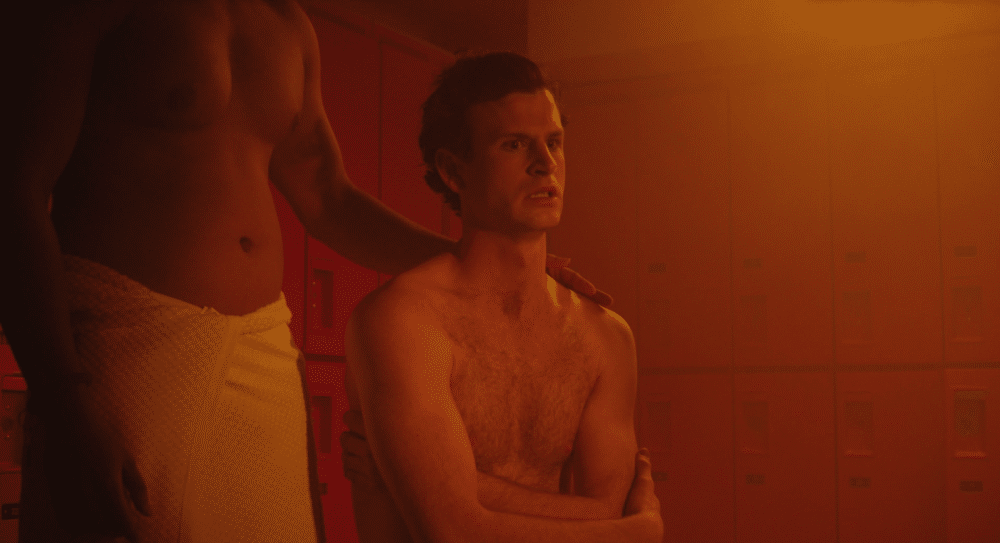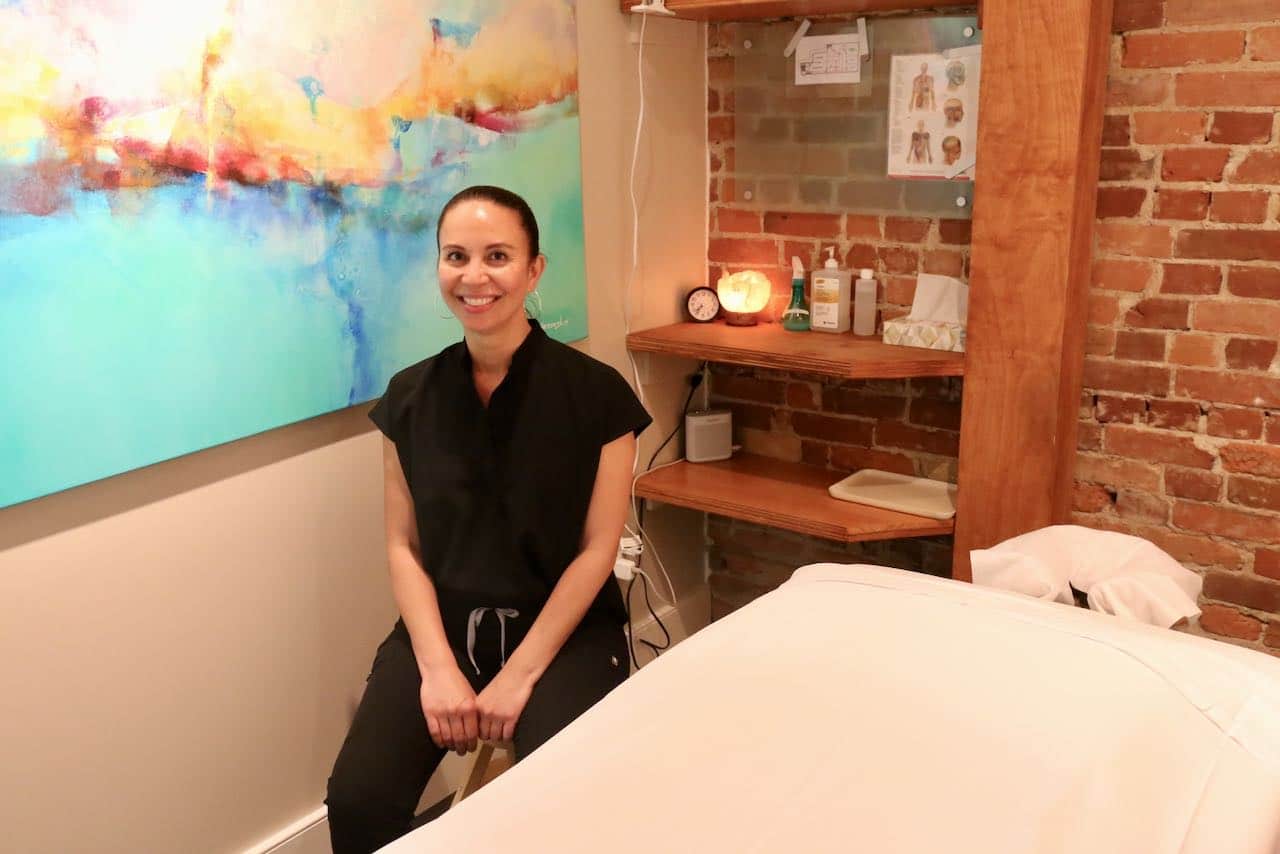Canada is a land of many stories. We’re a creative country producing many talents, whether it’s in music, literature, theatre or film. These success stories have garnered much praise and recognition but there are also some homegrown heroes creating great work in new media as well – particularly in the area of web series.
What’s a web series you might ask? It’s a video (scripted or not) generally released in an episodic format through the internet. While there has been a significant surge in popularity of web series over the last three or so years, they’ve actually been around since the late 1990’s. Companies like YouTube and Vimeo have since helped bring the medium to a wider audience.
This newer medium has created an outlet for voices that don’t always get heard – where it’s less about the budget and more about the story itself. A perfect fit particularly for LGBTQ voices that have, until the last few years, not had the same access that others have. Two in particular have seen recent releases.

That’s My DJ has two seasons under its belt, with each telling the story of a different character within the electronic music scene in Toronto. D.W. Waterson, the creator of the series and a DJ herself, came up with the idea from the world around her, “I remember looking around one day before one of my gigs and thinking ‘what an incredible place to tell a story’.” Waterson felt that telling a story through the shorter web series format made sense because it allowed the viewer to progress through the story at a faster pace.
The latest, Season 2, looks at the character of Meagan, a Toronto DJ as she looks to throw her own event and encounters the mysterious and intoxicating Hannah. What follows is a case of impossible love, wanting something that’s not available. “I found it very easy to relate to Megan’s situation, “says star Emily Piggford, “I think that wanting someone, but having to cope without them, whatever the reason, is universal.”

“Portraying Meagan was an easy choice for me as she is—brave, hard-working, fun-loving, and the fact that she is an LGBTQ character is a bonus because I want to see an increase in well-rounded LGBTQ characters,” continues Piggford. “I am glad to portray an LGBTQ character and relationship and to be part of contributing to that content in the media and, ultimately, a positive shift in the world.”
If you’re looking for something more comedic, CBC has an interesting take on the often covered LGBTQ theme of coming out. Only, in this instance, the coming out is a (formerly?) gay man who wakes up one morning and realizes he is now sexually attracted to women instead of men. This is especially unfortunate considering he had just spent the previous evening celebrating his wedding night with his new husband.

Coming In was created by Graydon Sheppard and Kyle Humphrey of Shit Girls Say, and looks at the “challenges” of coming out as a straight man. For Sheppard and Humphrey, “when the opportunity came to make these episodes we jumped at it. It made sense to us to make shorter episodes because each episode deals with a different stage of Mitchell’s ‘Coming In’ process – realizing he’s straight, denying it to himself, getting out by someone else, etc.”. These are all things that most in the LGBT community can identify with.

One of the difficulties of portraying LGBTQ themes in a comedic setting is that it can be a challenge to strike a balance between the comedy of the subject and not falling into stereotypes. In Coming In, the creators took this head-on, taking said stereotypes and discrediting them, “just because Mitchell becomes attracted to women doesn’t mean that he speaks differently or isn’t interested in theatre anymore. That idea of ‘straight-acting’ was just one of the stereotypes we wanted to criticize through comedy’”.
Whether it’s drama or comedy or something else entirely, there are plenty of options out there when it comes to web series and Canada is at the forefront of providing quality online content. The internet has allowed creators, LGBTQ or not, the opportunity to tell interesting and personal stories that we might not otherwise have heard through mainstream media. While our film, television and music stars may get more of the spotlight, they should make room for the up and coming talent who are forging a path in the world of episodic internet video.
By Kevin Joseph


